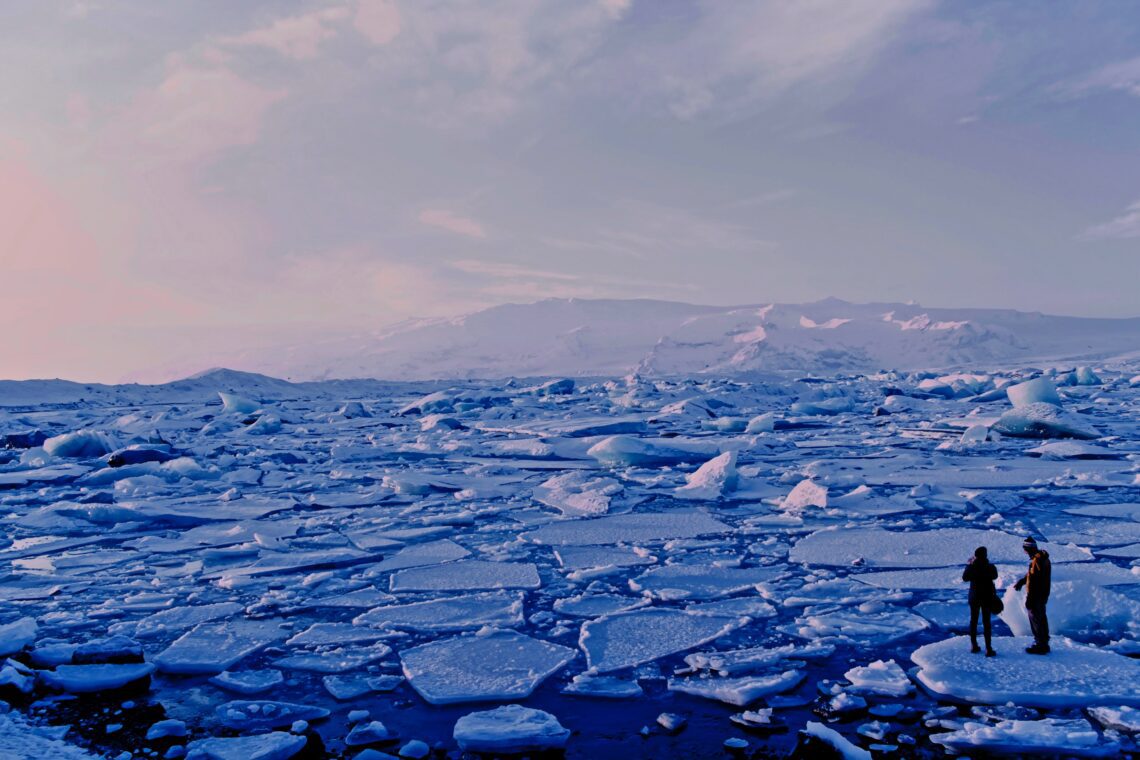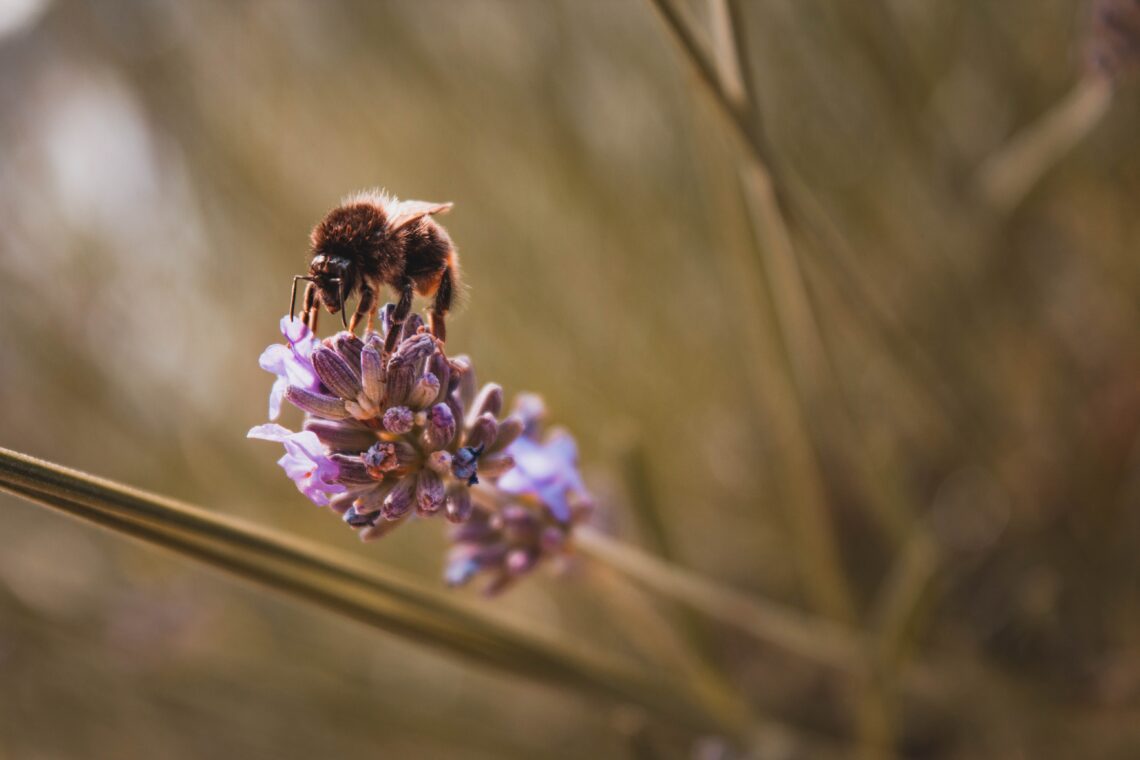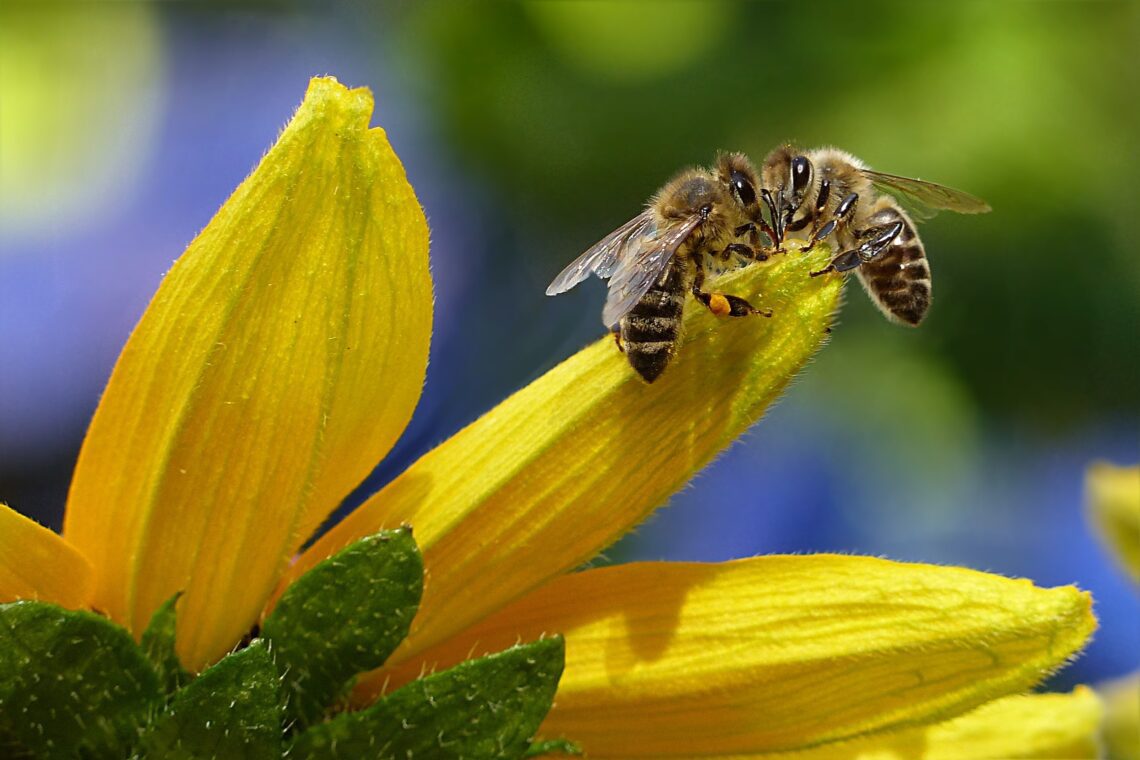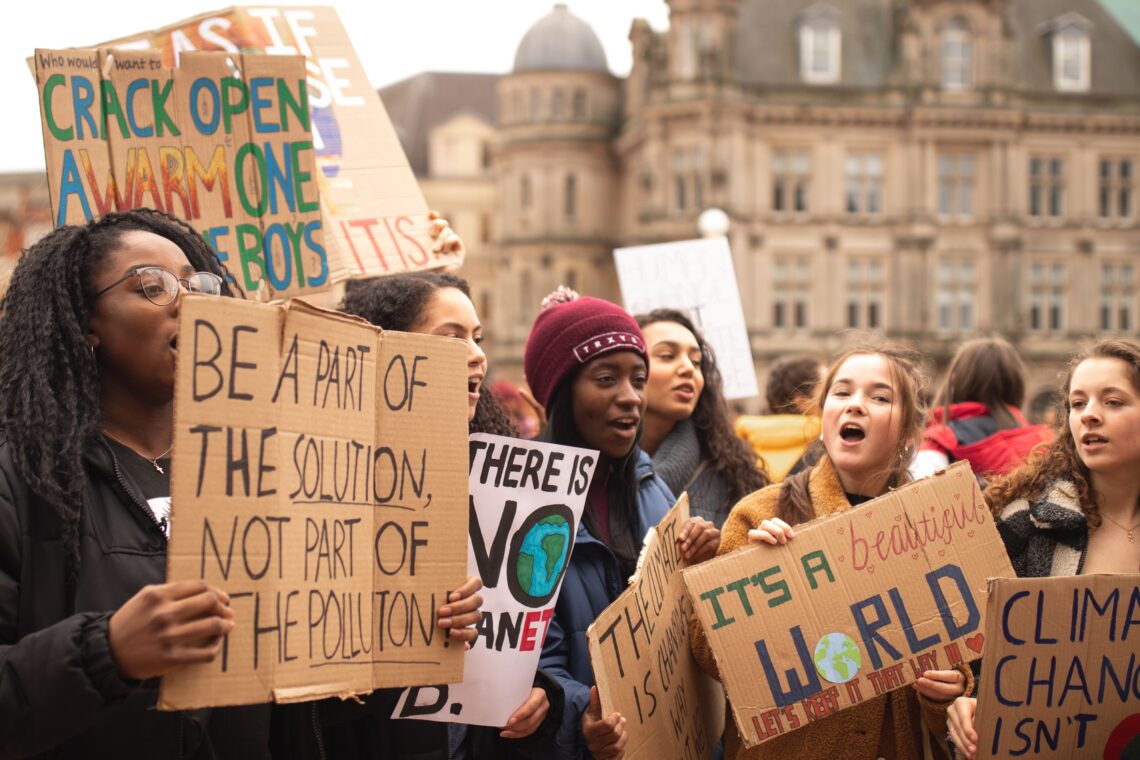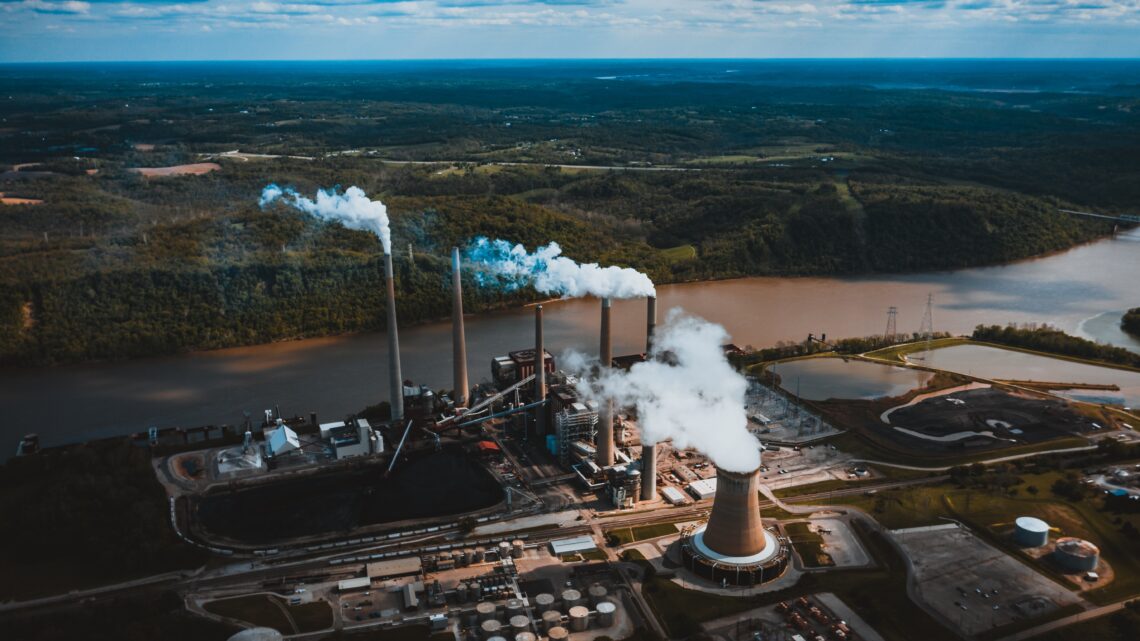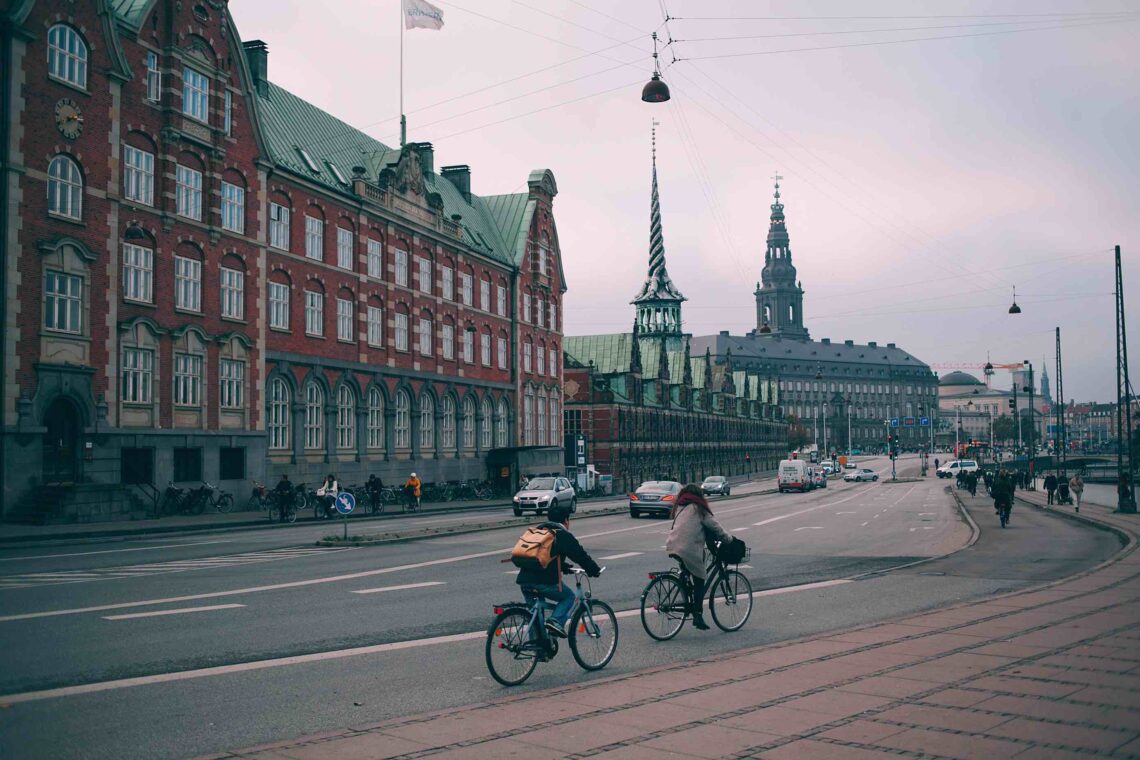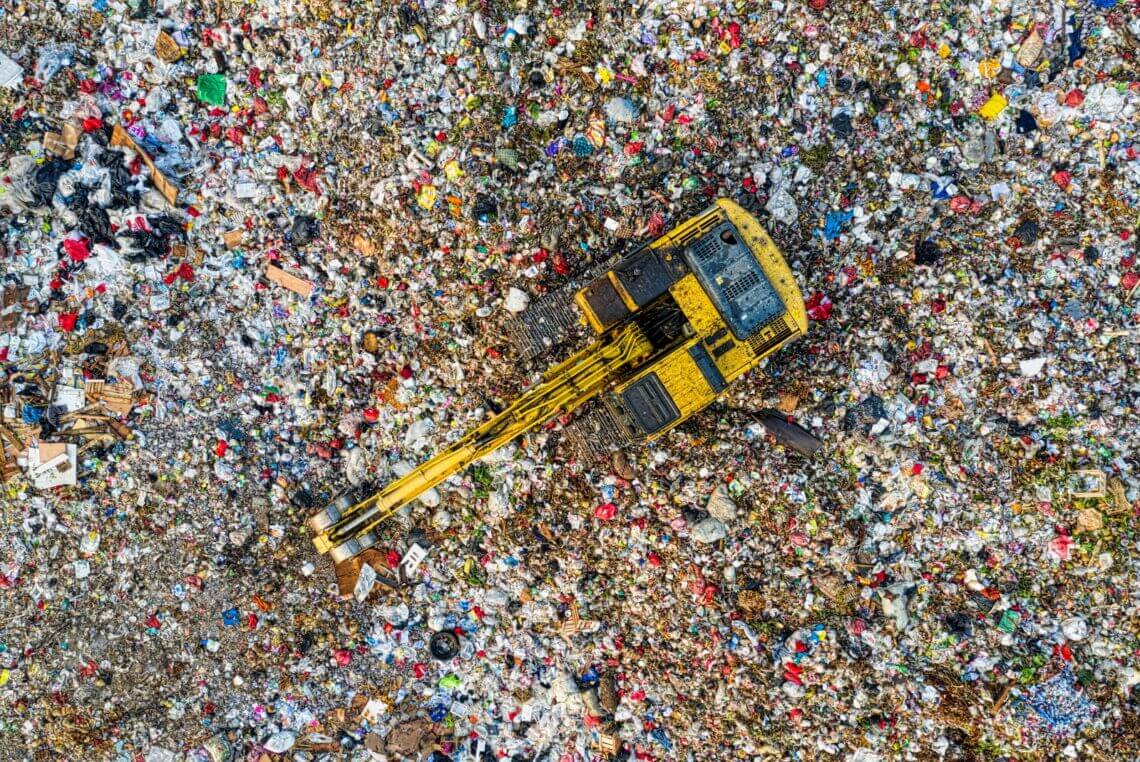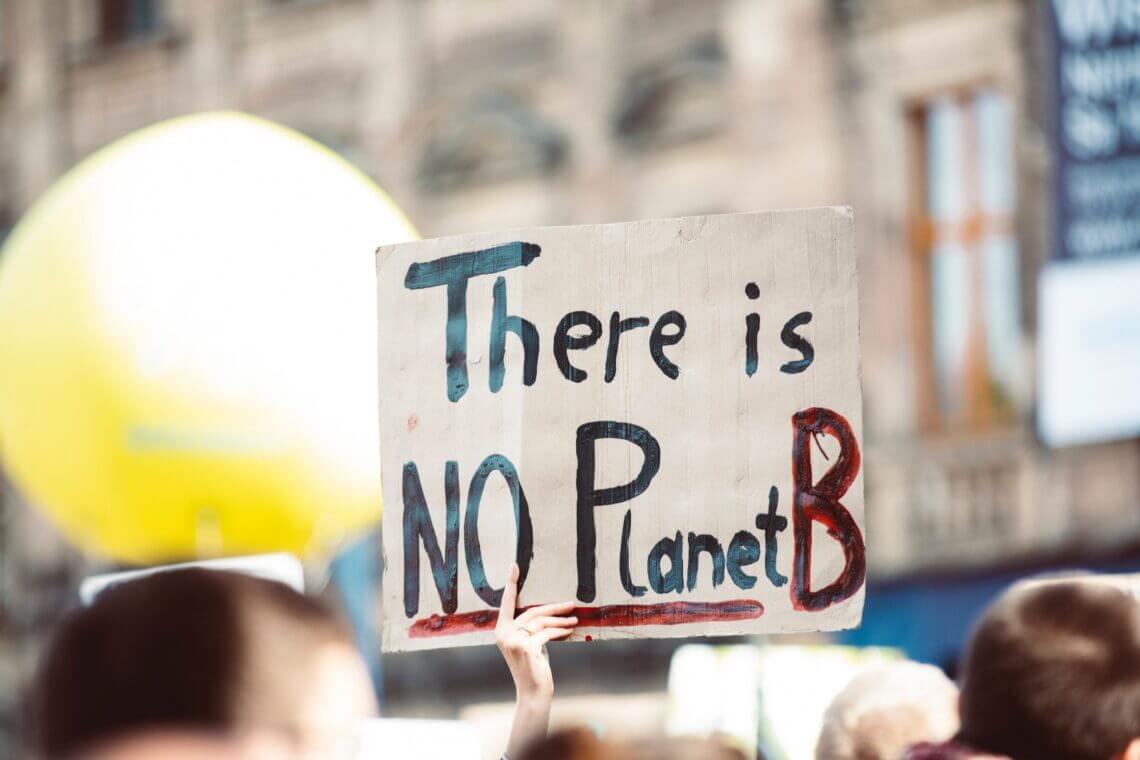Environment
-
Ecocide in Ukraine: The overlooked environmental costs of war
On Feb. 24, 2022, Vladimir Putin’s Russia engaged in an illegal war of aggression against Volodymyr Zelensky’s Ukraine. In seeking to justify the invasion, Russia frames Ukraine as a historical, cultural and spiritual derivative of the motherland that must be rescued from the locus of alleged genocide committed against civilians in the predominantly Russian-speaking Donbas region. While these accusations have failed to hold true, the war has endured. With zealous international support, including that of Canada and the United States, Kyiv has levied accusations of war crimes and crimes against humanity amounting to genocide against Moscow over the mass murder of civilians in Bucha, Irpin, Hostomel and Kherson. These claims…
-
The rise of slow fashion in Ontario
Combating fast fashion with local efforts A growing number of professionals and hobbyists are working hard to bring clothing and textile manufacturing back to Ontario. “Clothing has been priced too cheaply for too long, so people don’t really understand how much work goes into things,” says Alexandra Julian, a production manager at a recycled clothing company. This movement away from fast fashion in favour of local, environmentally-conscious textile manufacturing is slowly gaining popularity as people are becoming more conscious of their environmental impact. Starting from the soil, ending in the soil “I like to tell people we’re soil farmers,” says Andrew MacDonald, an Ontario-based homesteader. MacDonald bases his family homestead…
-
Heat rising
Addressing the current global climate crisis According to the National Oceanic and Atmospheric Administration, Earth’s overall temperature has risen by 0.18 C each decade since 1981. That may not seem like a lot, but it takes a large amount of heat to affect Earth’s temperature. Global warming is often not given the attention it needs, despite the ongoing climate crisis. There are already noticeable signs that the planet is being heavily impacted by rising temperatures. The most significant being the melting polar ice caps. An article by the World Wildlife Fund says the planet is losing “Arctic sea ice at a rate of almost 13 per cent per decade.” Younger…
-
The buzz around bee appreciation
How initiatives in the GTA are acknowledging and supporting the importance of bees People can easily recognize the environmental contribution that large animals such as wolves, deer and bears provide. This translates to individuals caring for their well-being and fighting to preserve their populations. But, people often forget about the little power-house pollinators. Bees are responsible for one out of every three bites of food. Sarah MacKell is the lead biologist of Wildlife Preservation Canada’s Native Pollinator Initiative. They say bees are necessary for more than just the production of honey. “Bees pollinate many food-producing plants. Some plants are completely reliant on them, and others heavily depend on them because…
-
Origins of a green thumb
More ecosystems are deteriorating in the current climate crisis. Humans inhabiting the land is a heavy contribution to the depletion. However, Indigenous Peoples today have never lost sight of their relationship with nature. Their treaties about trade, animals and fishing activities showcase their connection and respect to the land they inhabit. Anna Flaminio is a professor in the department of criminology at Toronto Metropolitan University. Flaminio says the legal principles around such activities are in place to respect the land and animals. “Indigenous nations have their own laws which espouse conservation and sustainable models of harvesting in order to ensure their kinship responsibilities to animal and fish relatives and to…
-
Exploring biodiversity loss and its solutions
What is the problem, and why is biodiversity important? Humans are causing a biodiversity loss — but they can help solve it. Biodiversity loss is one of the most pressing environmental issues of modern day. Yet, researchers say there isn’t enough being done to halt the extinction of species. “To a certain extent, our ecosystems can buffer the loss of some species, but there is a tipping point where systems will radically change and can never be recovered,” says Victoria MacPhail, a research associate at York University’s Faculty of Environmental and Urban Change. Joseph Bennett, an associate professor from the Institute of Environmental and Interdisciplinary Science at Carleton University agrees.…
-
The sound of silence
The COVID-19 pandemic brought a sense of peace and quiet. In the early days of 2020, the Toronto streets were practically a ghost town. Pandemic memories highlight that cities don’t have to be inherently noisy. Some laws help, like banning noise after 11:00 p.m. and before 7:00 a.m. But does everyone follow these rules? City officials ask for tolerance but may need to do more to address the problem. Noise pollution is a common problem for city dwellers. Harmful levels of city noise can also have a damaging effect on students trying to study and absorb information. What is noise pollution? Noise is a term for unwanted sounds. Noise pollution…
-
The future of homeless justice is climate justice
Sweltering hot summers. Torrential rain turned to floods. Freezing cold winters. None of this is a surprise when living in Ontario and each year, weather disasters return stronger than before. The Ontario climate change and health modelling study warns Ontarians of record-breaking rises in temperatures in coming years. These will bring more storms, droughts, forest fires and heat waves. However, those that will experience the consequences most severely, are those suffering from homelessness across Ontario. Mariya Bezgrebelna is a York University PhD psychology candidate working with CAMH on research between climate change and homelessness. According to Bezgrebelna, being homeless is more than living without a home—it is living without permanent…
-
Rest but don’t quit
In the summer of 2021, as Johanna Peacock jammed out to singer Lorde’s long awaited third album, Solar Power, she noticed that embedded within almost every track was an intense climate change undertone. It led to Peacock and her best friend conducting a collaborative critical analysis to dissect each song’s hidden meaning and compare it to Lorde’s previous works from eras where the climate crisis didn’t feel as devastating and immediate. Peacock often finds herself identifying climate change metaphors within multiple forms of media because of the massive connection and impact it has with so many components of everyday life. “You go about your life but then you feel more…
-
No time for second-guessing
“This is your future. You are allowed to raise the alarm on this.” Aliénor Rougeot, program manager for climate and energy at Environmental Defense, encourages future generations to embrace the urgency of the climate crisis—even if they feel ill-equipped to speak on the subject. Acknowledging a certain apprehension that youth may hold in expressing their views on a matter so complex, Rougeot—who was featured in an earlier Youth Mind issue—reassures that the climate activism movement is one of collaborative support. She says that the movement is not one in infancy; there are experienced people to help those just starting out. Fridays for Future Toronto, a branch of the global youth-led…
-
Expressing eco-conscious messages through art
As the saying goes, “art is subjective.” While this is true, there is something universal about environmental art and the message this artistic practice projects: to protect nature and the planet. According to a blog post by sustainable energy company Iberdrola, environmental art and recycled art is not new. Artistic movements such as pop art utilized recycled materials from comic strips and advertisements. Additionally, Pablo Picasso and George Braque famously created collages out of old newspapers and magazines. For many artists, the need to express environmental concerns is usually born out of a lifelong passion for nature. Flipping the narrative Toronto-based artist John Notten grew up with a penchant for…
-
Turning a blind eye
People naturally want to avoid the problems that surround them. This is especially true when these issues are happening far away and do not affect them directly. Climate change may have seemed insignificant and easy to ignore 50 or 60 years ago, but the habit of turning a blind eye to problems that should have been taken more seriously has made the climate crisis what it is today. Joseph Desloges, a professor of earth sciences and geography at the University of Toronto, says the first signs of climate change included very hot periods, very cold periods and the speed of which changes occurred. “Almost half of North America was covered…
-
Protecting people at the cost of the planet
Justine Ammendolia and her partner Jackie Saturno were on a trip to the supermarket when they first noticed a problem. Only days after the pandemic was declared in March 2020, they were already seeing piles of disposable face masks, hand gloves, disinfectant wipes and other personal protection equipment (PPE) surrounding them on the streets of Toronto. Both being environmental scientists whose summer plans had been cancelled due to COVID-19, they set their sights on a new goal: picking up the waste and tracking how much there really was. In a matter of two weeks, Ammendolia and Saturno found 1,300 items of PPE waste in one Toronto community and since then…
-
Eight tips for travelling sustainably
After a long travel hiatus and many months spent indoors, the idea of travelling again has undoubtedly been on many people’s minds. From surfing in Sydney, to salsa dancing in Spain or sightseeing in Santorini, there’s something dreamy about exploring a new locale far away from home. However, it’s important to remember the impact that leisure travel has on the environment. By making wise decisions, you can play an active role in reducing your carbon footprint while still going on globe-trotting adventures. Here are some easy sustainability tips to help you get started. Mode matters Travelling by train reduces the amount of harmful carbon emissions per person than travelling by…
-
Overtourism: A lesson from the pandemic
Throughout 2019, Athens saw 5.7 million tourists pour into the city. One such tourist was Hannah Kennedy, a student studying media at the University of Guelph-Humber. That year, Kennedy spent three months from May to July living and working in Athens as a social media manager and data administrator for the start-up company Travelmyth. Because she was in Athens during peak tourism season, Kennedy witnessed the swarms of tourists taking over the city. “The stores were always full of people, the markets were crammed,” she said. “You could barely move around.” Greece is no stranger to tourists. People flood to Athens for a tour of the historic Acropolis while other…
-
Will sustainable air travel take off?
The aviation industry, which currently contributes to 2.8 per cent of global carbon emissions, has come under scrutiny in recent years for its negative environmental impact. According to the International Civil Aviation Organization (ICAO), a total of 4.4 billion people boarded a plane throughout 2018; this figure is set to rise to nearly 10 billion by 2040. This means that if sustainable solutions are not found, industry emissions will rise exponentially. Many airlines have invested in carbon offsetting programs and biofuels to offer what are known as eco-flights. These are flights that operate on reduced carbon dioxide levels. A quick search of popular Canadian destinations on SkyScanner—a search engine to compare flight…
-
Companies, consumers should adopt alternatives to fast fashion, environment experts say
People around the globe are becoming more aware of the harm our lifestyles have on the planet. One of the biggest harms on the environment is clothing — more specifically, our fast and frequent consumption of it. So, what exactly is fast fashion and why is it harmful? Kelly Drennan, the founding executive director of Fashion Takes Action, Canada’s largest non-profit organization focused on sustainable fashion, explained that fast fashion is clothing made quickly, at a low cost. “Often, it is uber trendy, copies designs and poor quality,” Drennan said. “Fast fashion brands have 52 seasons, which means each week, new items are appearing on the racks. Not only is…
-
Why and how you should adopt a sustainable lifestyle
Sustainable living is becoming more popular. More people are taking climate change seriously and more people are becoming aware of their environmental impact. A 2019 study by Southern Cross University indicated that 77 per cent of those surveyed want to learn how to live a more sustainable lifestyle, with 93 per cent showing general concern for the environment. In 2019, youth across the world participated in a global climate strike, proving that environmentalism is more than just a trend or a passing moment in youth subculture. It’s something that people are willing to fight for. However, there still doesn’t seem to be a clear answer on how to live a more sustainable lifestyle…
-
Experts say the response to COVID-19 must be matched for climate change
While COVID-19 spread globally, the rise of single-use plastic indirectly had an outbreak of its own. The world has seen a resurgence in single-use plastic. Grocery stores, restaurants and other food vendors have increased the use of single-use plastic, as well as the introduction of personal protective equipment (PPE). As life was put on hold, many climate change programs and emissions-reduction targets were also placed on hold. “The Government of Canada’s top priority in the procurement of PPE and other medical supplies is the health and safety of the frontline healthcare workers,” said Gabrielle Lamontange, spokesperson for Environment and Climate Change Canada, in an email to Youth Mind. “This has led…



